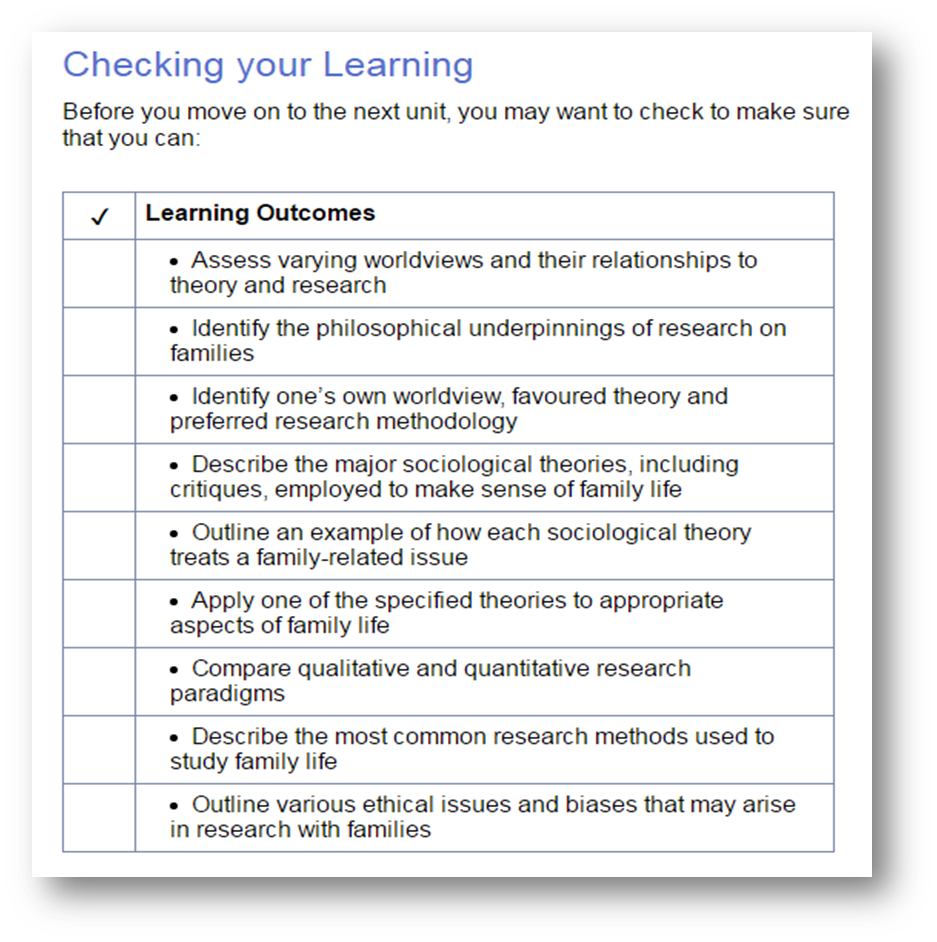

The presentation of these four evaluation frameworks is intended as a point of departure, because the number and range of evaluation approaches are likely to increase in the years ahead. The use of four frameworks gives insight into alternative characterizations of the evaluation field and portrays the evaluation process in a less linear fashion than by examining one framework alone. These frameworks have proved their value as lenses for viewing more clearly the realities of contemporary evaluation and as a guide to evaluation practice. The overall strategy made use of four major frameworks developed by highly experienced educational evaluators. The challenge in this article was finding a way to make sense of this complexity while acknowledging the enormous range and diversity of evaluation approaches. Essentially, the approaches to evaluation define the content of the evaluation field. In response to these new realities, literally dozens of approaches to evaluation have emerged. Instead of consistently applying one approach or set of methods to all evaluation situations, evaluators are aware that the choice of evaluation approaches and methods for data collection and analyses must be matched to the unique purposes of an evaluation within a unique evaluation setting.

The contextualizing of evaluation has fundamentally changed the way evaluations are designed. This proliferation of the purposes for evaluation has brought with it a greater appreciation of the demand for evaluators to understand the evaluation needs of stakeholders, recognize the importance of contextual factors (e.g., normative, political, ethical, and organizational) in the evaluation enterprise, and select an evaluation approach that is responsive and supplies useful information to specific audiences. School administrators and teachers alike are conducting evaluations of their own to improve school performance and foster creative spaces for learning. Evaluation is being used to measure student progress, reform education systems, and enhance accountability for outcomes. As the boundaries of educational evaluation continue to widen, the purposes for evaluation are expanding also. Love, in International Encyclopedia of Education (Third Edition), 2010 SummaryĮducational evaluation has grown rapidly during the last two decades.


 0 kommentar(er)
0 kommentar(er)
